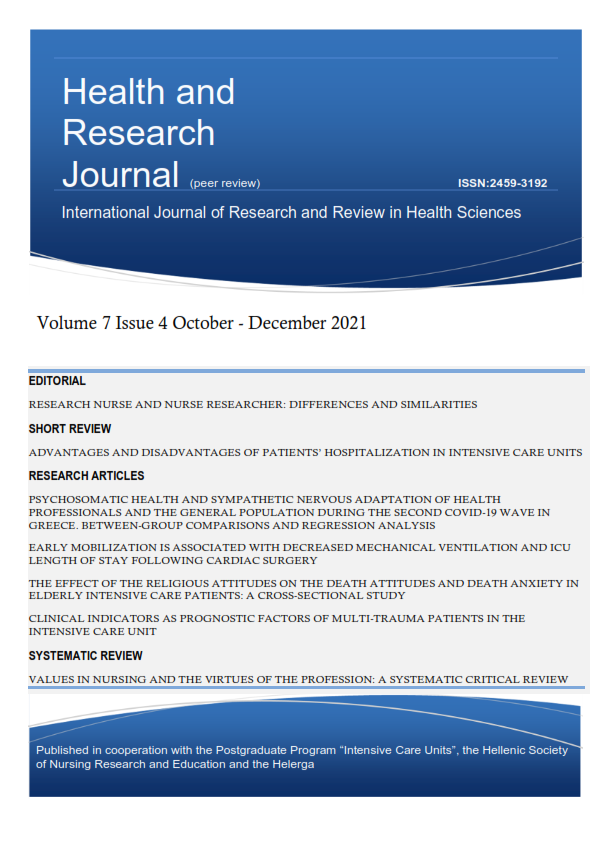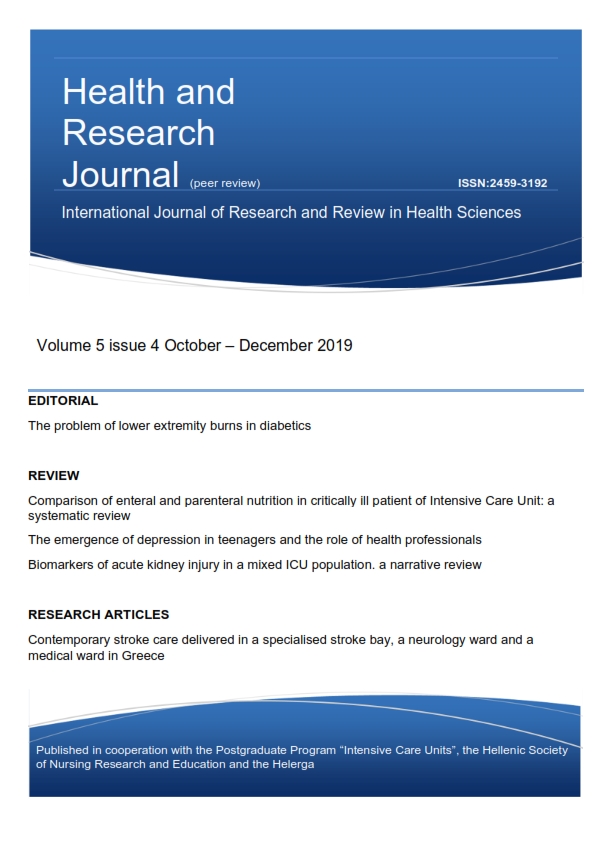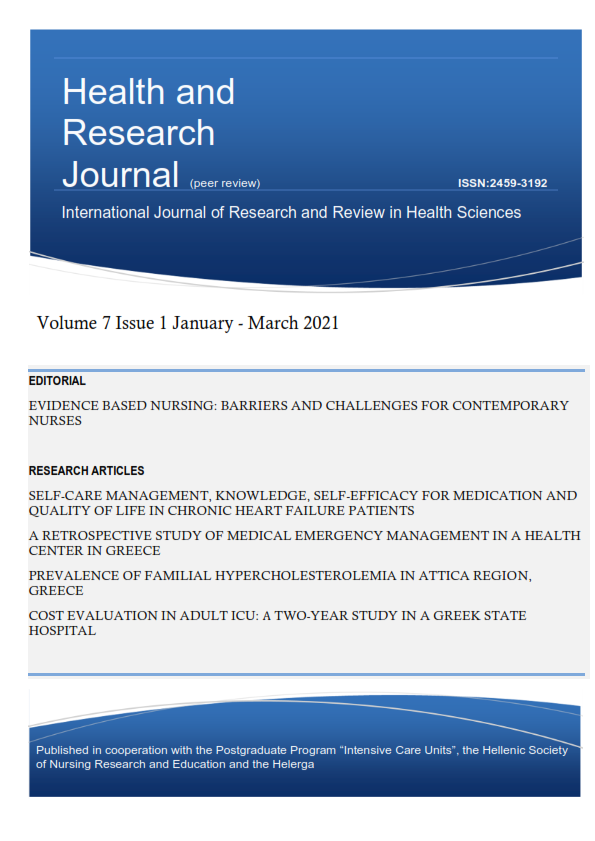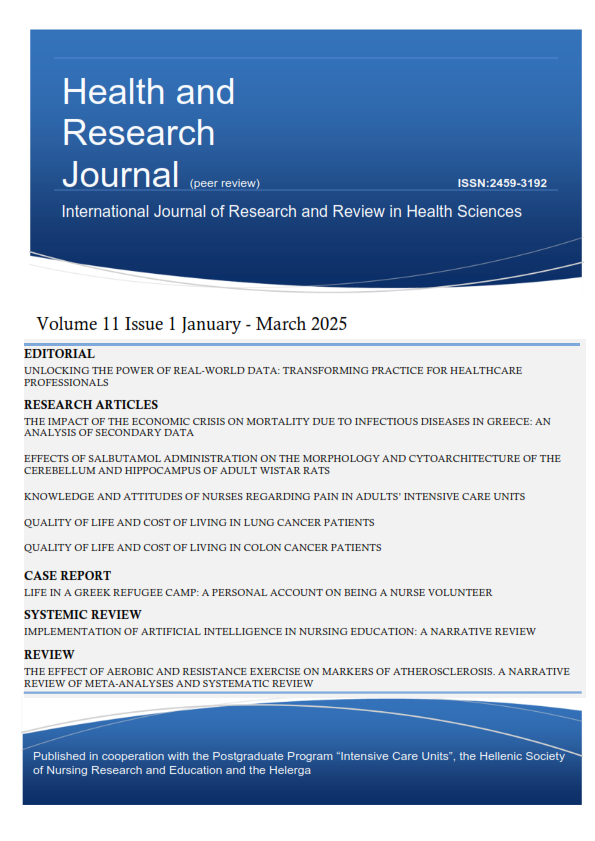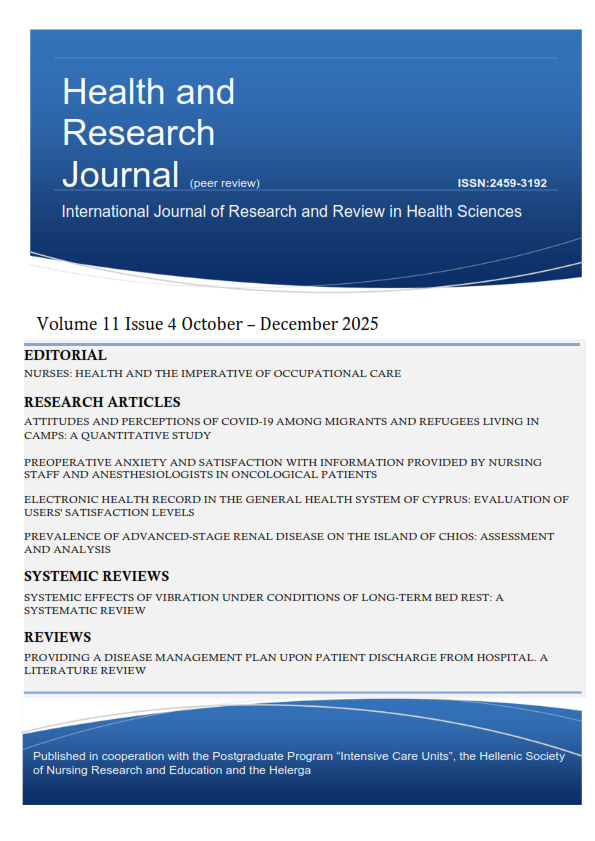Dog therapy for people with dementia: a systematic review
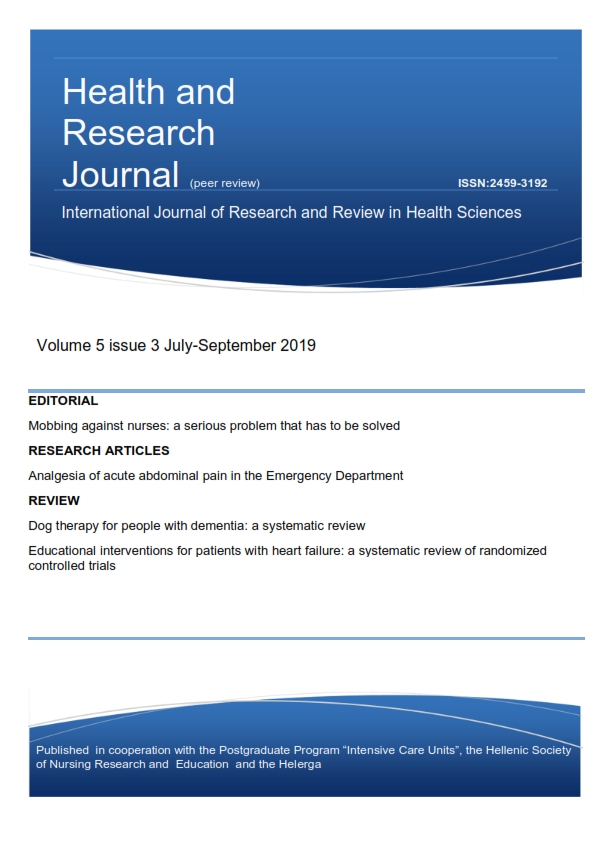
Abstract
Background: Dogs in particular have been singled out as a non-pharmacological means to help those with Alzheimer’s Disease (AD). Hence, Dog Assisted Therapy (DAT) has emerged as a direct intervention where a dog that meets specific criteria for treatment purposes may assist and benefit a person with AD.
Aim: to synthesize research on DAT for AD, in order to investigate if this therapy has a positive influence on people with this disease.
Methods: A systematic literature search on Medline, Scopus, Google scholar, Cochrane Library and CINAHL was conducted. The search was carried out in November-December 2018 for papers meeting the following inclusion criteria: articles published in English and Spanish, research articles and not reviews, within the last 30 years (1989-2019) that were available in their entirety, rather than just an abstract.
Results:Twenty two studies were examined and all showed a favorable effect on patient status following DAT i.e. positive impact on patient outcomes due to while none reporting a negative effect. Yet, the studies did vary in terms of the intervention, i.e. in some, a small dog was used to improve patient outcomes, while others used a real dog, compared to a robotic dog or a video.
Discussion:DAT programs are becoming increasingly popular as supplementary to drug therapies. They were found to increase positive social behaviors, increased interaction and engagement amongst those with dementia resulting in fewer incidents requiring staff intervention. Also, conversation, touches, looks, smiling and laughing was stimulated by dog visits. All these positive effects were attributed to the presence of the animal which patients were encouraged to pet, touch and talk to the dogs. Furthermore, most authors acknowledge that DAT benefits blood pressure management and increases neuro-chemicals associated with relaxation and bonding. Hence, these benefits may influence behavioral and psychological symptoms of dementia by reducing aggression, agitation and anti-social behaviour.
Conclusions:People with dementia show a more cheerful mood with DAT and show significant increase in a variety of positive social behaviors such as smiles, looks, tactile gestures and verbalizations, i.e. DAT enhances pro-social behaviour. Furthermore, DAT is suggested to have a beneficial impact on physiological parameters as well, such as blood pressure management, heart rate and skin temperature. Yet, the psychological state of the patients is also noteworthy as DAT minimizes agitation, anxiety, apathy and aggression.
Article Details
- How to Cite
-
Posadas, L. T., Hançerlioğlu, S., Fountouki, A., & Theofanidis, D. (2019). Dog therapy for people with dementia: a systematic review. Health & Research Journal, 5(3), 99–108. https://doi.org/10.12681/healthresj.21000
- Section
- Reviews
Copyright notice:
Authors retain copyright of their work and grant the Health and Research Journal the right of first publication.
License:
Articles are published under the Creative Commons Attribution 4.0 International License (CC BY 4.0). This license permits use, sharing, adaptation, distribution, and reproduction in any medium or format, including for commercial purposes, provided that appropriate credit is given to the author(s) and the original publication in this journal, a link to the license is provided, and any changes are indicated.
Attribution requirement:
Any reuse must include the article citation and DOI (where available), and indicate if changes were made.



